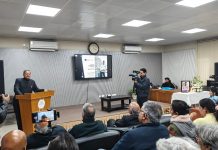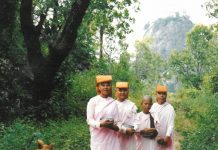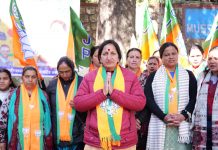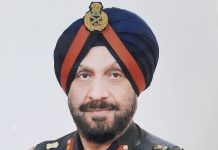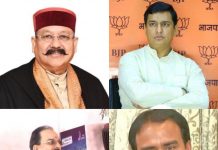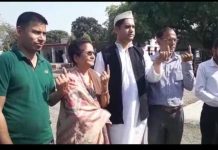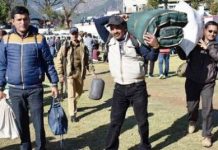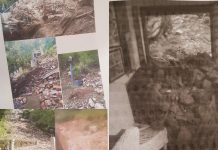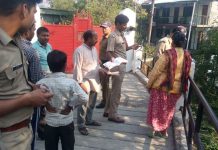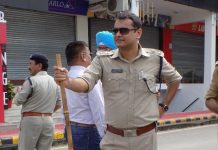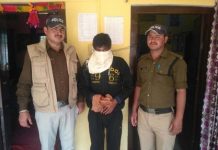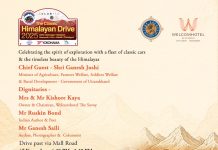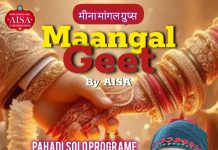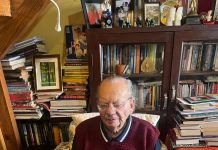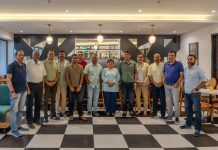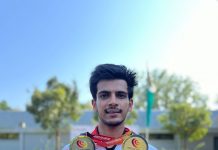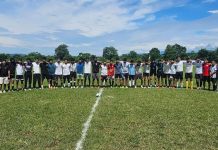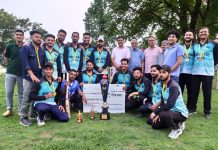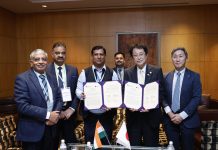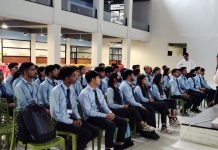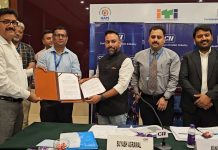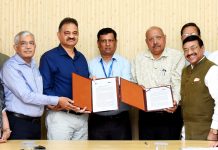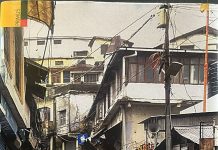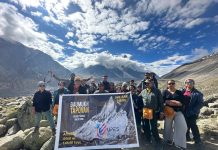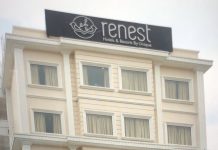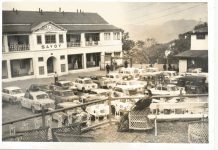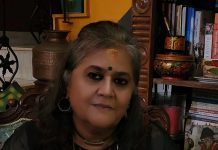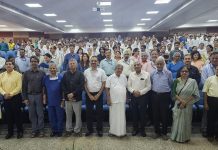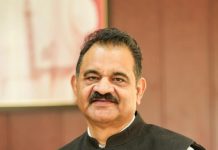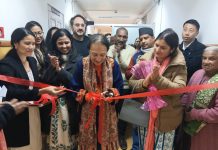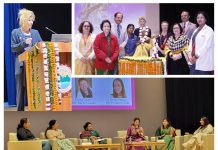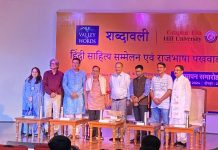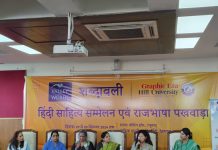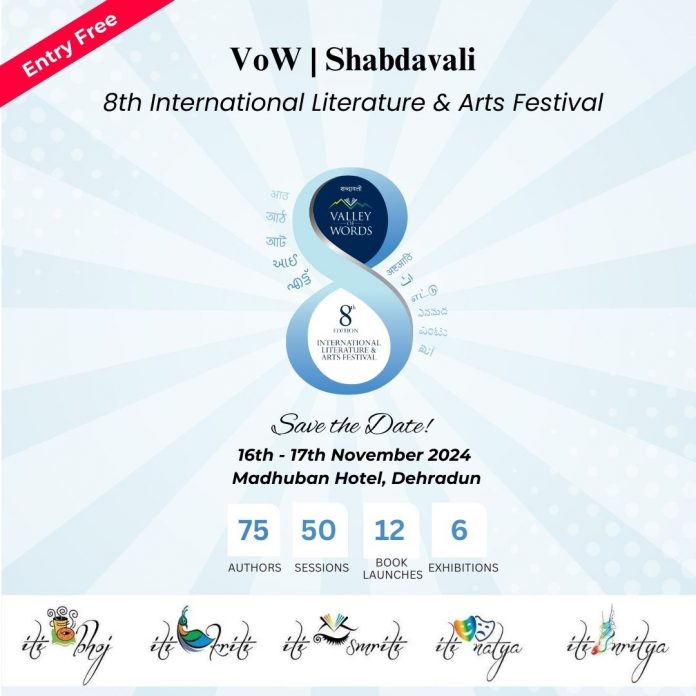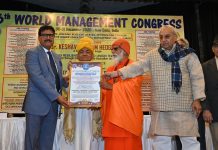More of what is in store for our literary community on the 16th-17th November, 2024…
NP : Can you tell us something about the session on the impact of migration on demography in the higher reaches of the state, and its impact on national security?
SC: We have devoted an entire session to this very pertinent subject, which is drawing the attention of the MHA, MoD and the NSA. As the differential between economic prospects as well as the infrastructure for education and health increases between the hills and the plains, there is little reason for the young and ambitious to remain in their villages. What was earlier seasonal migration is now becoming permanent, and this has implications, not just for the individuals and communities, but for the nation as a whole. Border villages are actually the ‘sentinels of the frontier’, and their lifestyle is in sync with their ecological habitat. Any change in the fragile demography and livelihood patterns can have a direct impact on the security scenario. This is being looked at in this session from an administrative, political, social and defence point of view. Curated by Dr. Kuldeep Dutta, it promises to be a riveting discussion between ex-Chief Secretary Indu Pande, Ranjit Bhatia, Anoop Nautiyal and Gen Ahluwalia.
NP : I believe you have a session called Poetry @ Ninety ? What is this about?
SC: This session celebrates the life and journey of Dehradun’s veteran Brigadier Krishan Gopal Behl who superannuated as the Deputy Surveyor General of India way back in 1993. While he never studied English literature formally – he was a Fauji and an engineer who devoted the best period of his life mapping the frontier areas of the country. But post his retirement, he has been very active on the social front: providing leadership position to a range of social institutions ranging from Cheshire Homes to Consumer Forum to the Ex Servicemen League and the Doon Citizens Council. However what brings him closer to VoW is his passion for reading, writing and rhyming. This keeps him mentally alert and active-and the range of his interests is wide and varied, and we get some idea of this from his Times of India blogs.
Poetry@Ninety will feature three of his books in rhyme – the first of these is on the Survey of India, the second on Subhash Bose, and the third on the Bhagwad Geeta . Now, all the three themes are quite distinct, and in order to render the entire text into verse while keeping the context in perspective is actually a commendable effort, which can only be described as a ‘labour of love.’ I have had the privilege of receiving signed copies of each of these books . Often while going through the rhymes, I marvel at the clarity of his understanding as well as the choice of words. As I want readers to attend his session, I will not delve into all the details. But I can say that he is a good raconteur. He will be in conversation with senior professor Ram Vinay Singh and Manoj Dhyani, who are profound scholars of the Bhagwad Geeta. The session is being chaired by Sh DS Mann, a distinguished entrepreneur and educator of Dehradun.
NP :There is a session entitled ‘Cities of the Future?’ What can one expect from that?
SC: Urbanization is one of the three mega trends facing the : the other two being interstate migration and participation of women in the workforce. Actually, in a way all three reinforce each other. The country has addressed the challenges of food and livelihood security, but in the process, urban agglomerations have seen an unprecedented, and if may say, unplanned expansion. Now the time has come for us to address the issue of improving urban infrastructure, as well as creating new greenfield cities. While earlier cities were built around manufacturing centres, the new cities need IT, power, water, housing, sports, cultural centres and open spaces. It calls for a new kind of imagination. As this is not my area of expertise, I requested Ashish who has done stellar work in urban planning to curate this discussion, and we have some of the best names in the urban infra space joining us for this session . Akhilesh and Avinash are both associated with the Doon University, and the conversation is being steered by Anoop Nautiyal .
I have given this session the title -A Square – for all the four discussants have their names starting with an A ! You may call it coincidence, or you may say it is providence, but what is certain and sure is that the session will yield many insights into the cities of the future. And we hope that Dehradun is one of them.
NP :I believe the Turkish Ambassador is also attending the festival . What will he be discussing ?
SC: The Turkish Ambassador to India Firat Sunel is an accomplished literary personality in his own right. In fact, he has attended more literature festivals in India and Bhutan than most Indian authors. His novel The Lighthouse Family is being discussed in the festival by author-educator Ratna Manucha and Ambassador Navtej Sarna. Both Excellencies have seen the impact and the aftermath of population exchanges when the national borders are altered/adjusted to suit the political dispensation of the given omen. But while borders can divide territories, the cultural connect built over centuries cannot be brought to an abrupt end. In that sense , the Lighthouse family is much like the genre of Partition literature, and as Dehradun has many Partition families, it will resonate well with their lived experiences.
See you all on 16th-17th November, Madhuban Hotel, Dehradun

